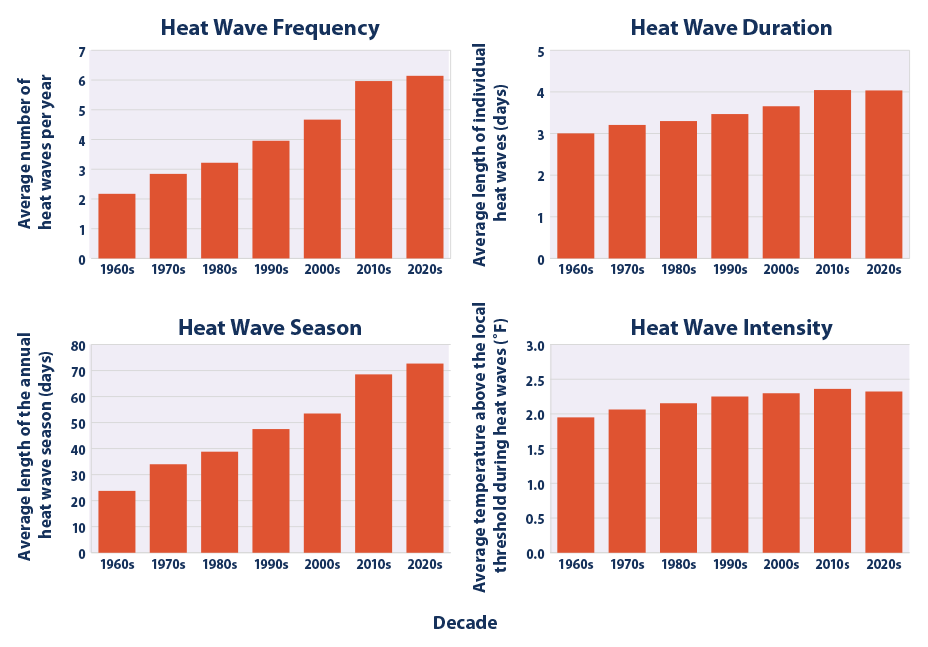
Current Climate Change Will Last 50,000 Years
Share
In the year 2000, Nobel laureate Paul Crutzen introduced a term that reverberates to this day: the Anthropocene, signifying an epoch sculpted by human industrialization. Two decades later, this concept stands as a sobering backdrop to COP28, emphasizing decisions' far-reaching impacts beyond our lifetimes.
The Earth's climate narrative has dramatically shifted. By 2022, global temperatures rose by another 0.5°C, making the past nine years the hottest on record. In 2023, climate records were not merely broken but shattered, with 38 days surpassing the UN's 1.5°C safety threshold. Unprecedented heatwaves, wildfires, and floods unfolded, placing climate change at the forefront of our Anthropocene reality.
The surge in temperatures stems from escalating greenhouse gas levels, primarily carbon dioxide. In 2000, CO₂ levels were 370 parts per million (ppm); today, they hover around 420 ppm, escalating by 2 ppm annually. Cleaner skies, thanks to stringent regulations, contribute to the warming by allowing more solar energy to reach the Earth's surface.

As sea ice diminishes, Earth's reflective mirrors dwindle, amplifying the heat absorption. Disturbingly, atmospheric methane, a potent greenhouse gas, has surged since 2006, originating from warming tropical wetlands.
This recent warming thrusts Earth into climate warmth not witnessed in 120,000 years, with further warming foreseen over centuries due to feedback loops. Antarctica's ice, influenced by this warming, could lead to several meters of sea-level rise in the coming centuries.
Looking through the Anthropocene lens, where human activities disrupted the Earth's rhythmic climate variations, models project a lasting climate alteration for at least 50,000 years, akin to profound events in deep Earth history.
The question lingers: Can COP28, with its heavy fossil fuel representation, make a difference? Achieving "net zero" carbon emissions is a crucial first step, but the roadmap to an optimal climate requires negative emissions – pulling carbon from the atmosphere and returning it underground. For the well-being of future generations, the stakes are monumental.
You’ve come this far…
Why not venture a little further into A.S.S. - our exclusive Australian Space Society.
And keep thrusting Australia into the deep unknown…
#Space_Aus




